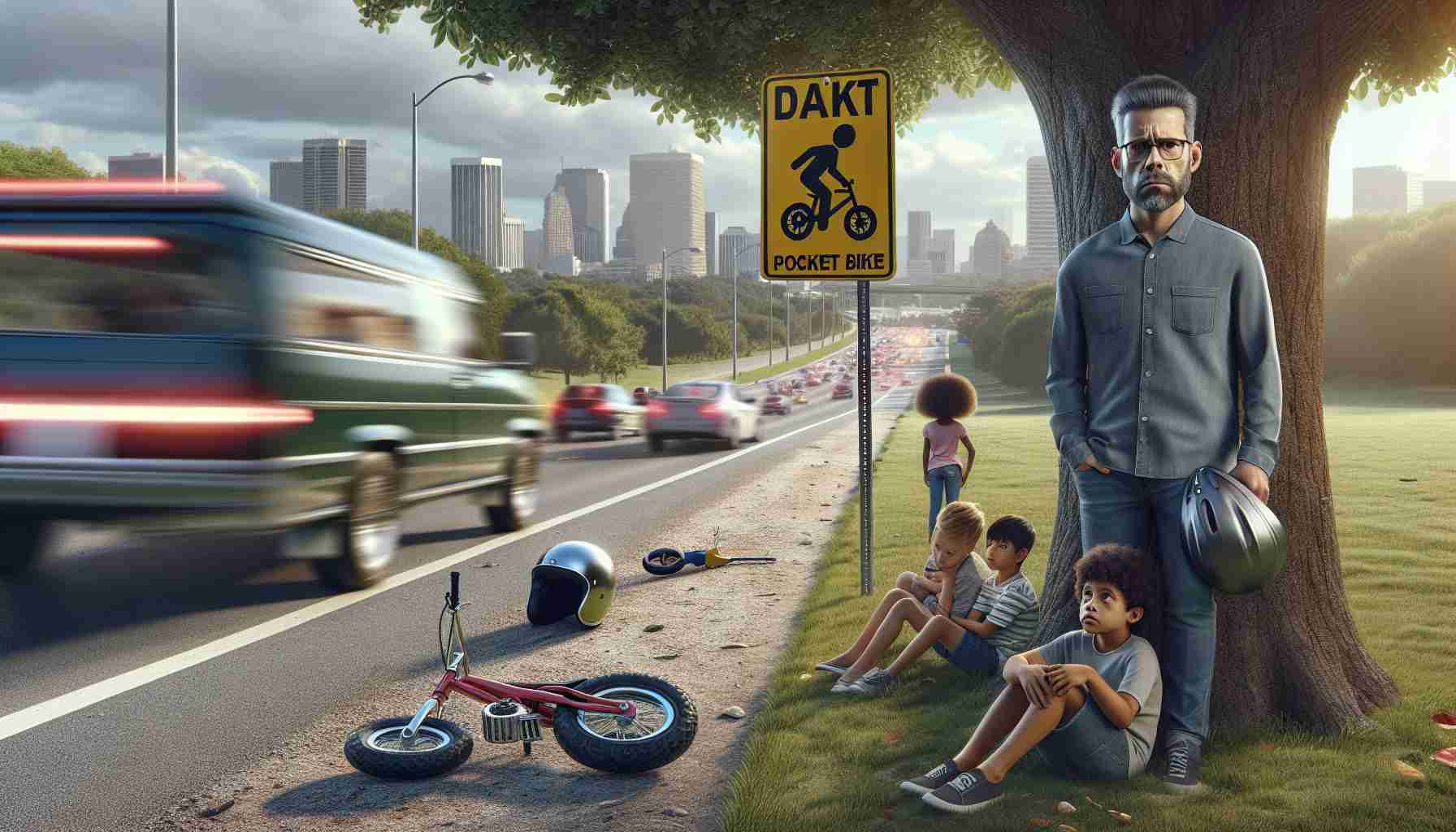Pocket bikes have become a common sight in neighborhoods, with children zipping around on these miniature motorcycles. However, it’s important for parents to understand the legal implications and potential dangers associated with this activity.
Legally speaking, pocket bikes are not considered street-legal vehicles. They lack essential safety features required for road use, such as mirrors, lights, and proper brakes. Additionally, these bikes do not meet the registration requirements necessary to obtain a license plate.
Even if a pocket bike were to meet all the necessary requirements, it would not make it legally permissible for a child to ride it on public roads. In most jurisdictions, the minimum age for operating a moped or similar vehicle is 16, and a valid driver’s license is required. Furthermore, helmet usage is mandatory for moped riders.
Parents should be aware that allowing their child to operate a motor vehicle on public roads without proper authorization is against the law. This includes riding a pocket bike that does not meet safety and registration requirements. In doing so, both the child and the parent may face legal consequences, ranging from fines to impoundment of the pocket bike.
However, legal concerns aside, the real risk lies in the physical dangers associated with pocket bike riding. Children riding these small motorcycles often lack the judgment and experience to make safe decisions while navigating through traffic. The speed and power of pocket bikes can greatly surpass that of a regular bicycle, increasing the likelihood of accidents and serious injuries.
Tragic incidents and reports of children getting seriously hurt or even killed while riding pocket bikes are alarmingly common. It is crucial for parents to prioritize their child’s safety and keep them away from public roads when it comes to pocket bike riding. If your child wants to enjoy the thrill of riding a pocket bike, it is best to restrict their activity to designated areas or private properties where their safety can be better ensured.
Remember, it is the responsibility of parents to make informed decisions to protect their children from potential harm. Prioritizing safety over the thrill and excitement of pocket bike riding is crucial for keeping our children safe on the roads.
The pocket bike industry has seen significant growth in recent years, with these miniature motorcycles becoming increasingly popular among children. Despite their appeal, it is important to understand the industry’s legal implications and the potential dangers associated with pocket bike riding.
Pocket bikes are not considered street-legal vehicles in most jurisdictions. They lack essential safety features such as mirrors, lights, and proper brakes, making them unfit for road use. Moreover, these bikes do not meet the registration requirements necessary to obtain a license plate, further restricting their legality.
Even if a pocket bike were to meet all the necessary requirements, it would not be legally permissible for a child to ride it on public roads. The minimum age for operating a moped or similar vehicle is typically 16, and a valid driver’s license is required. Helmet usage is also mandatory for moped riders in many regions.
Parents should be aware that allowing their child to operate a pocket bike on public roads without proper authorization is against the law. Both the child and the parent may face legal consequences, including fines and impoundment of the pocket bike.
In addition to the legal concerns, the physical dangers associated with pocket bike riding cannot be ignored. Children riding these small motorcycles often lack the judgment and experience necessary to make safe decisions while navigating through traffic. The speed and power of pocket bikes can greatly surpass that of a regular bicycle, significantly increasing the likelihood of accidents and serious injuries.
Tragic incidents and reports of children getting seriously hurt or killed while riding pocket bikes are alarmingly common. It is crucial for parents to prioritize their child’s safety and prevent them from riding on public roads. If your child wants to experience the thrill of pocket bike riding, it is best to confine their activity to designated areas or private properties where their safety can be better ensured.
Parents must make informed decisions to protect their children from potential harm. Prioritizing safety over the excitement of pocket bike riding is crucial for keeping our children safe on the roads.
For more information about pocket bike safety and regulations, you can visit reputable sources such as Consumer Reports or National Highway Traffic Safety Administration (NHTSA). These resources can provide valuable insights into the industry, market forecasts, and issues related to pocket bike riding.







